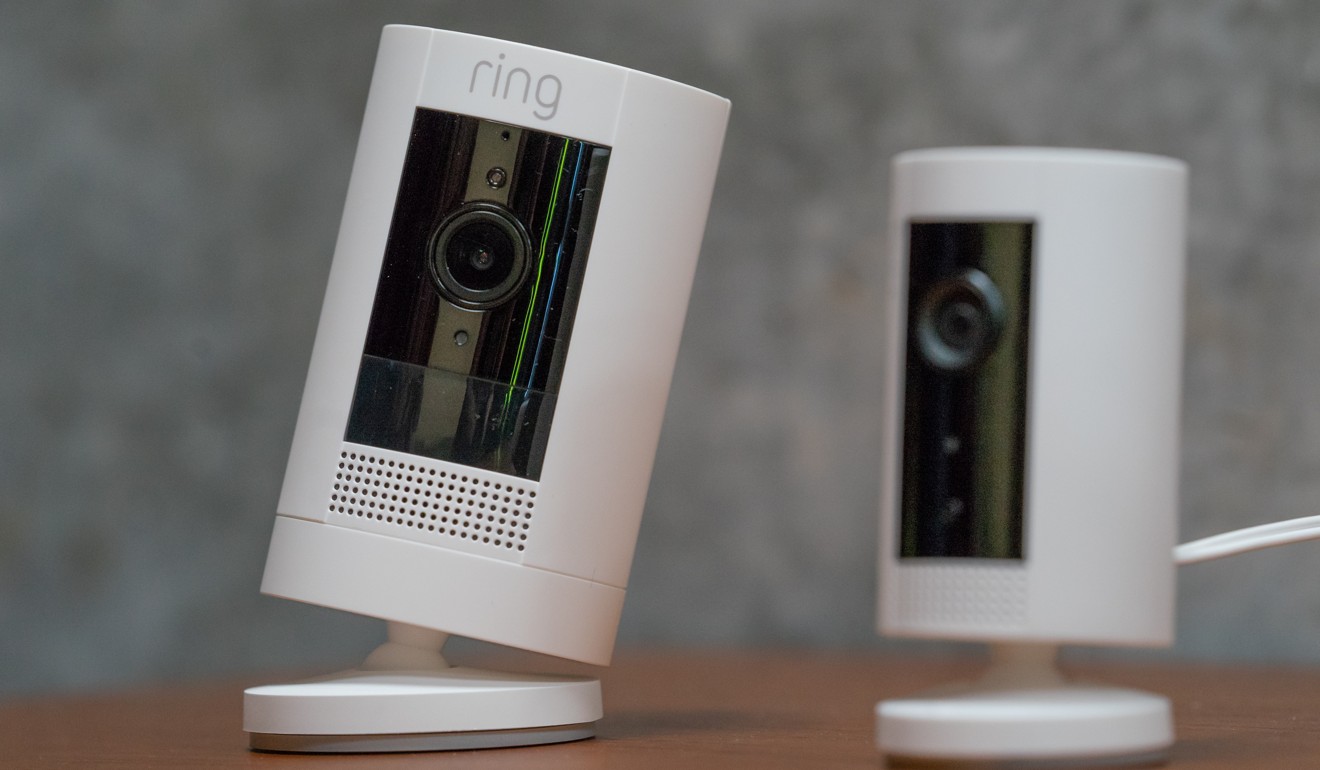
This article is more than
6 year old
From the face scanner that will check in some attendees to the cameras-everywhere array of digital products, this year’s Consumer Electronics Show (CES) in Los Angeles is all-in on surveillance technology – whether it’s called that or not.
Nestled in the “smart home” and “smart city” showrooms in Las Vegas are devices that see, hear and track the people they encounter. Some of them also analyse their looks and behaviour. The technology on display includes eyelid-tracking car dashboard cameras to prevent distracted driving, and “rapid DNA” kits for identifying a person from a cheek swab sample.
Talking speakers, doorbell cameras and fitness trackers come with the promise of making life easier or more fun, but they’re also potentially powerful spying tools.
“Many, many horrible stories have come out of consumer electronics,” says Cindy Cohn, executive director of the Electronic Frontier Foundation, who is speaking on a CES panel this week about the future of internet-connected devices. “It’s often about hyping the next thing you can buy and not considering the trade-offs.”

CES, which runs from Tuesday to Friday, is the annual showcase where big companies and start-ups unveil and promote their latest gadgets, many of them infused with microphones, cameras and artificial intelligence.
Though weighted towards the consumer market, much of what’s on display may also be useful to law enforcement, not to mention prying employers or heavy-handed governments.
Marcus Yang, chief executive of the camera start-up Amaryllo, says he’s had a difficult time persuading customers to pay more for safeguards such as faster processors to enable end-to-end encryption, when an array of cheaper, but less secure options are available.
CES attendees “want to see technology and something fresh”, Yang said. “They’re only interested in looking at your cameras and what kind of features they have.”
Read More (...)